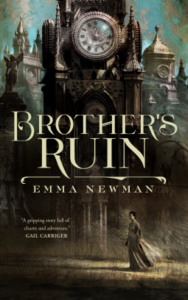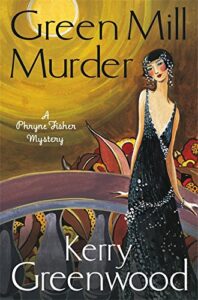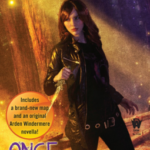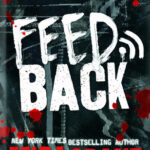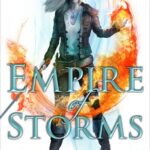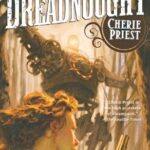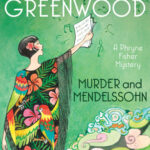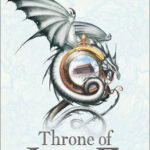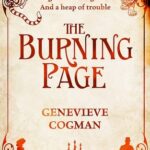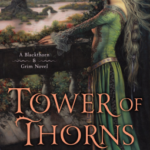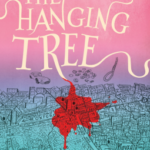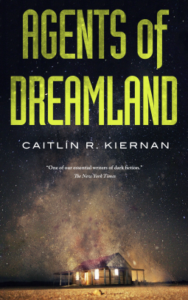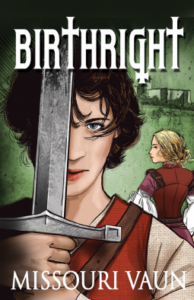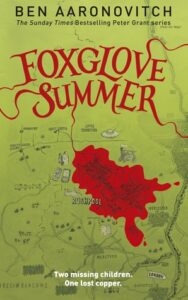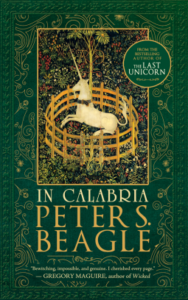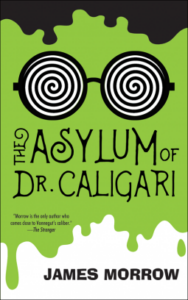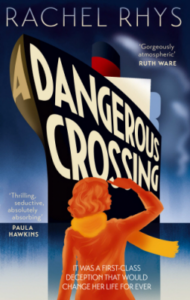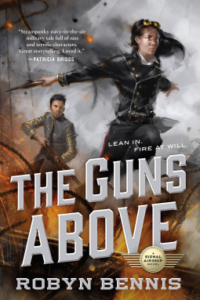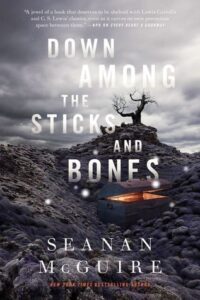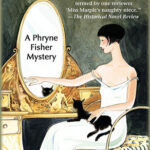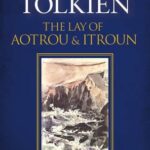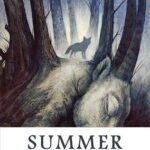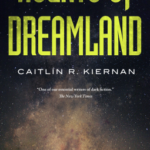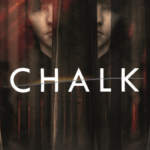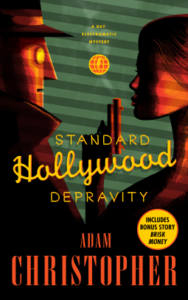 Standard Hollywood Depravity, Adam Christopher
Standard Hollywood Depravity, Adam Christopher
Received to review via Netgalley, publication date 7th March 2017
Just like Made to Kill and Brisk Money, this is an entertaining story — imagine Chandler’s noir detectives, that kind of world, but add in one robot detective-become-assassin and his profit-orientated handler (actually a computer). It’s full of references and hat-tips to Chandler’s era, and though it doesn’t have Chandler’s flair with words (few people do), it’s well written and goes down easy. It’s also reasonably clear of sexism, racism, and Chandler’s other such vices.
This story in particular involves Raymond getting tangled up in the antics of various criminal cartels, and all that sort of thing implies. Bullets and assumptions fly, garnering a possibility of some grudges being held against Raymond and Ada, his handler — and we end the story with Ada and Raymond in a pretty good position. All ready for the next novel, since this is marked as 1.5 in the series on Goodreads?
In any case, this is readable whether or not you’ve read Made to Kill and the short story Brisk Money, but it is worth reading those for extra background and a better understanding of Raymond, his capabilities, and his limitations. The ARC version I read bundled in Brisk Money, so you could comfortable skip to that and read it first before going back to read Standard Hollywood Depravity.
Meanwhile, I never seem to have reviewed Brisk Money itself, and the release of this novella seems like a prime opportunity to do so — so watch out for that review coming sometime soon as well.

